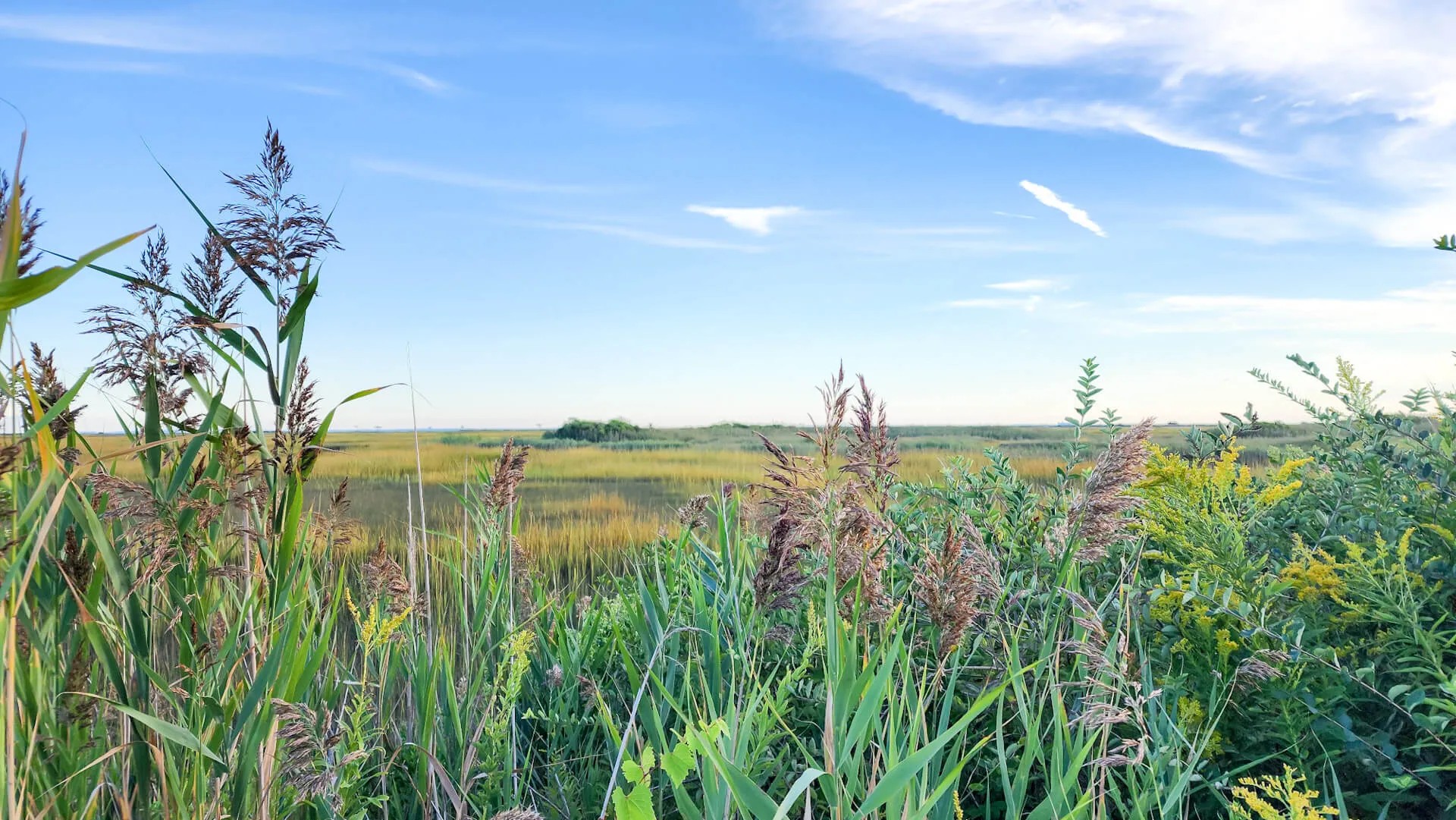Understanding Wetlands in Connecticut Real Estate: What Every Buyer and Seller Should Know
When looking at property in Fairfield County or anywhere in Connecticut, one term that often comes up during due diligence is “wetlands.” But what exactly is a wetland, and why does it matter in real estate? Understanding wetlands—and the laws that protect them—can help buyers and sellers avoid surprises and navigate the process with confidence.
What Is a Wetland?
A wetland is a unique type of land where water saturates the soil either year-round or for part of the year. The soil is considered hydric and has specific physical and chemical properties. These water-rich areas support specific types of plants and soil that thrive in moist conditions. While many people picture open water or swamps, wetlands can look quite different depending on the property—they might appear dry during certain seasons but are still legally classified as wetlands due to their soil composition and plant life.
Common types of wetlands in Connecticut include:
-
Marshes (grassy wetlands)
-
Swamps (tree-filled wetlands)
-
Bogs (peat-rich wetlands)
-
Fens (nutrient-rich, low-flow wetlands)
Wetlands play an important role in:
-
Flood control – absorbing excess rainwater
-
Water purification – filtering pollutants before they reach streams and rivers
-
Wildlife habitat – providing a home for birds, fish, amphibians, and more
-
Groundwater recharge – replenishing drinking water supplies
Connecticut’s Inland Wetlands and Watercourses Act
In Connecticut, wetlands are more than just important—they are protected by law under the Inland Wetlands and Watercourses Act (IWWA), which has been in place since 1972. The purpose of the Act is to ensure that these valuable natural resources are preserved for their environmental, economic, and public health benefits.
Under the IWWA:
-
Each Connecticut town has its own Inland Wetlands Agency that oversees and regulates activities affecting wetlands and watercourses.
-
Activities such as clearing land, filling, grading, building, or even certain landscaping projects near wetlands may require review and approval.
-
In most towns, this jurisdiction includes the wetlands themselves and an upland review area—often extending 100 feet (or more, depending on local regulations) from the edge of a wetland or watercourse.
Why This Matters for Buyers and Sellers
Wetlands can significantly affect how a property can be used and developed. Here’s why it’s important:
-
For Buyers: If you’re planning new construction, a pool, a garage, or even an addition, wetlands on the property may limit where or how you can build. In some cases, special permits, soil testing, and approvals are required before work can begin.
-
For Sellers: Identifying wetlands early can help set accurate expectations with potential buyers. Having clear documentation—such as a wetlands delineation from a licensed soil scientist—can avoid misunderstandings during inspections or negotiations.
-
For Builders/Developers: Wetlands regulations can influence lot layout, septic system design, driveway placement, and more. Permitting timelines should account for wetlands review and possible public hearings.
How to Know if a Property Has Wetlands
-
Check the town wetlands maps, which can give a preliminary idea.
-
Hire a licensed soil scientist for a formal wetlands delineation if you suspect wetlands might be present.
-
Work closely with your real estate agent, attorney, and contractors familiar with Connecticut’s wetlands laws to avoid costly delays.
Final Thoughts
Wetlands are an important part of Connecticut’s natural landscape—and a key consideration when buying or selling real estate. Thanks to the Inland Wetlands and Watercourses Act, towns take the protection of these areas seriously. While wetlands don’t have to be a deal-breaker, they do require careful planning and the right expert advice.
If you’re thinking about buying or selling in Fairfield County or nearby and have questions about wetlands or other land-use considerations, I’m always happy to help you navigate the process with confidence.


 Facebook
Facebook
 X
X
 Pinterest
Pinterest
 Copy Link
Copy Link
